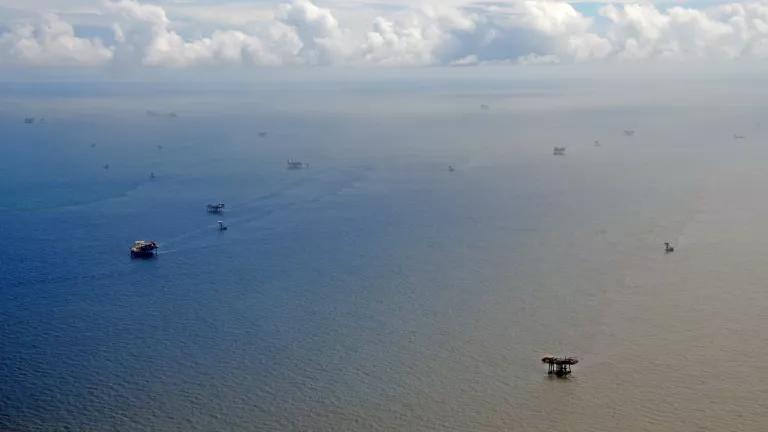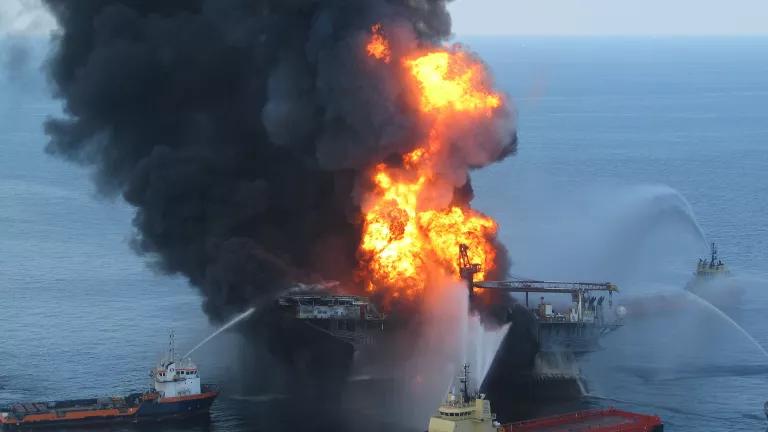June 8 is World Oceans Day, a day to focus on the oceans and all that they do for us.
Our oceans fuel our weather and climate systems and provide a valuable source of protein. They give us every other breath we take. As amazing though this is, it’s not all.
Here in the United States, our ocean area spans over 13,000 miles of coastline and is greater than the country’s total land mass. In 2011, the ocean economy contributed about 1.7 times the economic output of the U.S. farm sector and more than 3.7 times as many jobs.
A significant amount of this economic strength is from tourism, recreation and fishing, which rely on healthy, functioning ocean ecosystems. For example, in 2012, expenditures by recreational fishermen generated more than $58 million in sales impacts and supported over 380,000 jobs. Uses which are hard to put a precise economic value on, like visiting the beach and bird watching, compound our oceans’ value.
We’re privileged to have this natural abundance of wealth, but it’s our responsibility to invest in our oceans so that they remain healthy and our ocean economy remains strong. We need to ensure that areas important for breeding, spawning, feeding and migrating ocean fish and wildlife are protected so that the ecosystems continue to function and are resilient in the face of new challenges like ocean acidification and climate change.
Unfortunately, here in the Mid-Atlantic, despite the extent of the region’s ecologically and economically valuable offshore habitat, there are virtually no habitat areas designated for year-round protection. Two efforts are underway to help remedy this:
- Representatives from the states of New York, New Jersey, Delaware, Pennsylvania, Maryland and Virginia, federal agencies with ocean responsibilities, the Shinnecock Indian Nation and the Mid-Atlantic Fishery Management Council have been working hard to develop a coordinated ocean plan to guide protection of our region’s ocean resources and their sustainable use. We need to encourage this coordinated ocean planning and help identify areas of the sea that are appropriate for different uses and those that need protection. The region’s ocean action plan should call out actions each of the participating agencies will take – using their existing authorities – to help safeguard important ecosystems for this and future generations to enjoy and use.
- The Mid-Atlantic Fishery Management Council is poised to take action to protect fragile deep-sea coral communities in the submarine canyons and on the continental slope off the Mid-Atlantic. These coral communities serve important ecological functions, providing nursery habitat and shelter to various fish species and crustaceans like red crabs. Deep sea corals are slow-growing and highly vulnerable to harm from fishing gear; one pass of trawl gear can destroy corals that have been growing literally for thousands of years. The Council will be asking for public comment on their proposed protections in the coming months.
We need to encourage actions like these to ensure that we can continue to rely on our oceans’ gifts.
We also need to take action in our personal lives to protect our important ocean resources. Please take a minute to watch Secretary Kerry’s Call to Action to people around the world to make personal commitments to create healthier oceans and then check out Our Ocean Conference to let others know how you’re planning to help.
To find out more about what you can do to support World Oceans Day, check out http://worldoceansday.org/.




